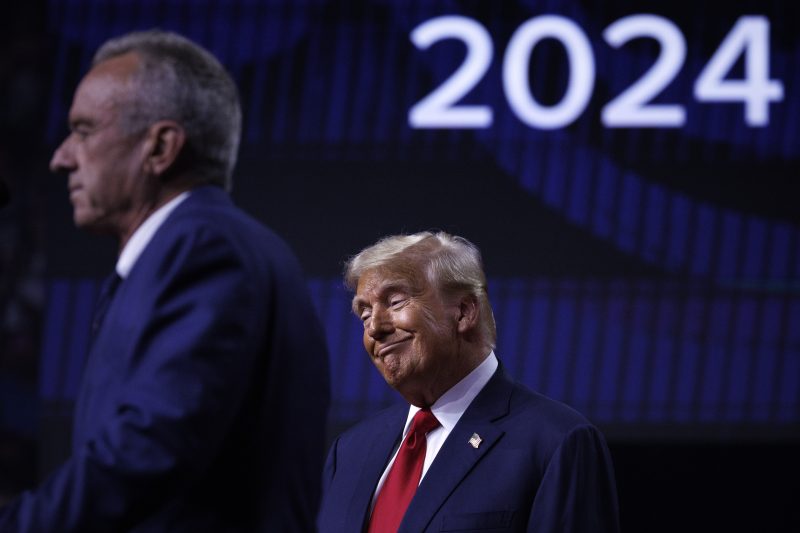In the world of politics, there is often a blurred line between fact and fiction, especially during election cycles. With the rise of misinformation and fake news, it can be challenging for the average voter to decipher what is true and what is fabricated. In this article, we will explore some common myths and misconceptions that surround elections and separate fact from fiction.
Myth: Mail-in voting leads to widespread voter fraud.
Fact: There is no evidence to suggest that mail-in voting leads to widespread voter fraud. In fact, multiple studies have shown that voter fraud is extremely rare, whether it occurs through mail-in ballots or in-person voting. Mail-in voting provides a convenient and secure way for eligible voters to participate in the electoral process, particularly for those who may have difficulty voting in person. It is essential to trust in the integrity of our election system and not fall victim to baseless claims of fraud.
Myth: Only U.S. citizens can vote in elections.
Fact: While it is true that only U.S. citizens are eligible to vote in federal elections, non-citizens still play a vital role in our democracy. Permanent residents, also known as green card holders, are allowed to vote in some local and state elections, depending on the laws of the state they reside in. Additionally, non-citizens contribute to society in various ways, such as paying taxes and serving in the military, making their voices important in shaping our communities.
Myth: Electoral College is undemocratic.
Fact: The Electoral College system, established by the U.S. Constitution, is often criticized as undemocratic due to the potential for a candidate to win the presidency without securing the popular vote. However, the Electoral College serves a crucial role in balancing the interests of both small and large states, preventing the tyranny of the majority. The system also ensures that candidates pay attention to a diverse array of states and not just focus on densely populated urban areas. While it may have its flaws, the Electoral College is an integral part of our democratic process.
Myth: Gerrymandering is legal and does not impact elections.
Fact: Gerrymandering, the practice of manipulating electoral district boundaries to benefit a particular political party, is a significant issue that distorts the democratic process. By drawing district lines to favor one party over another, politicians can essentially choose their voters instead of the other way around. This leads to uncompetitive elections and undermines the principle of fair representation. Efforts to combat gerrymandering through independent redistricting commissions and court challenges are necessary to ensure a more equitable electoral system.
In conclusion, it is essential for voters to critically evaluate information and distinguish between fact and fiction, particularly in the context of elections. By being informed and aware of common myths surrounding the electoral process, we can make more informed decisions and uphold the integrity of our democracy. Embracing transparency, accountability, and fairness is crucial in promoting a healthy electoral system that truly represents the will of the people.
